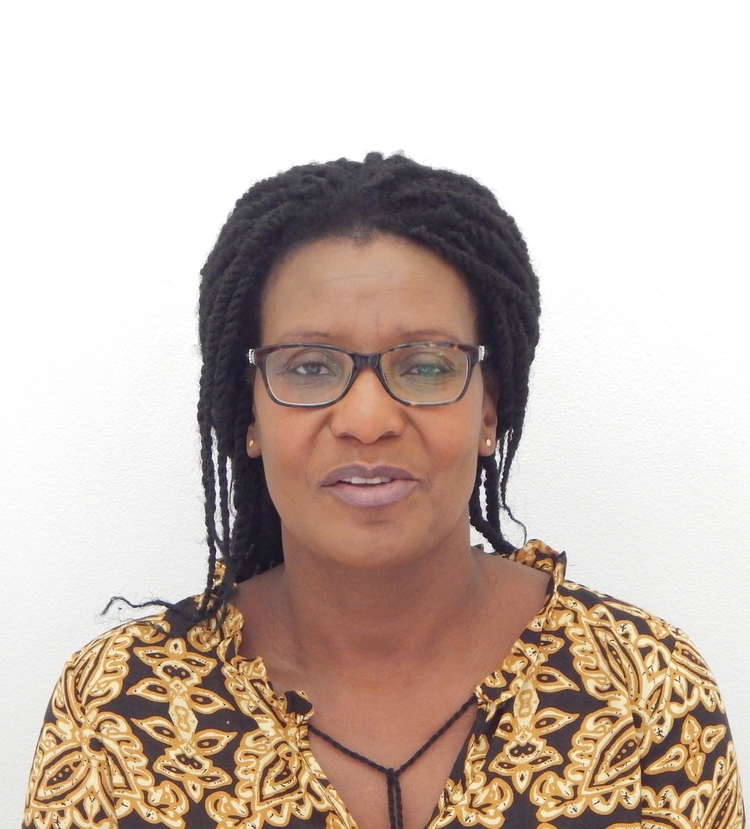
The Sunday Mail

Dr Christine Peta
DISABILITY ISSUES
AS Zimbabwe joins the rest of the world in recognising March as Women’s Month, this week, I will focus on women with disabilities.
On March 8, we commemorated the International Women’s Day, whose theme “Invest in women: Accelerate progress” said a lot.
There is a general belief that women with disabilities should just be silent, while we feel sorry for them; that they should just passively accept their situation and receive whatever we may decide to give them, for which they must be grateful.
Some people hold the fallacious belief that feeling sorry for women with disabilities is synonymous with community development. However, sympathy on its own, which is devoid of a strategy and practical action, cannot and will never drive development.
Passive sympathy is unproductive; community development is about people working together to build stronger and resilient communities that make a positive difference in society.
Sympathy frames women with disabilities as lifetime beggars who deserve a few coins. It also presents them as victims who should just passively wait for death.
Even people who have a development mindset often fail to lobby for the active and meaningful participation of women with disabilities in development discussions.
International development organisations and other stakeholders debate disability at their conferences all over the world, while charitable institutions vie for major funding from donors under the umbrella of “community-based programmes”.
However, such zeal may still miss the point if donor-funded projects regard women with disabilities as recipients, rather than participants in decision-making processes.
Discrimination and marginalisation result in a lower social and economic status; increased vulnerability to gender-based violence and barriers that hinder them from accessing, among other things, justice, healthcare, education and information on an equal basis with others.
Yet women with disabilities and their families are an integral part of community development processes. They are capable of initiating projects; running their own lives; and acting as full partners, rather than passive recipients of donations and rehabilitation.
The National Disability Policy (2021) has a section that is dedicated to women with disabilities.
The section calls for their empowerment by enabling them to realise their right to legal capacity, including with respect to health decisions, and financial and bank transactions; the right to education and work, and to participate in public and political life; et cetera.
The policy also recognises that women with disabilities are subject to multiple forms of discrimination not just on the basis of disability but also on the grounds of gender.
As such, the National Disability Policy calls for the full development, advancement and empowerment of women with disabilities, as well as their protection, both within and outside homes, from all forms of exploitation, violence and abuse.
Furthermore, it calls for the training of women with disabilities on their rights.
The Ministry of Public Service, Labour and Social Welfare ensures the inclusion of women with disabilities in all social protection programmes that include sustainable livelihood projects; food mitigation; assisted medical treatment order; provision of assistive devices such as wheelchairs, crutches and artificial limbs; and access to education and employment.
We should all join hands to ensure that we eliminate discrimination against women with disabilities in all facets of life.
We also need to strive to ensure that women with disabilities have access to information in appropriate formats that include Sign Language for deaf women and braille for those who are blind.
The participation of women with disabilities in economic and self-reliance projects, recreation and leisure, sport, disaster risk reduction initiatives, research, their equal recognition before the law and the protection of women with disabilities from exploitation, violence and abuse is of utmost importance.
We also need to remember that, in accordance with the United Nations Convention on the Rights of Persons with Disabilities, which Zimbabwe ratified in September 2013, women with disabilities should not be denied marriage, family, parenthood and relationships at appropriate ages, as provided by the law, and on an equal basis with others.
While the reality is that we are experiencing challenges that include the rising impacts of climate change, by investing in women, including those with disabilities, we can trigger positive change that accelerates the transition towards a more equal world for all.
*Dr Christine Peta is a disability, public health, policy, international development and research expert. She is the national director of Disability Affairs in Zimbabwe. She can be contacted on: [email protected]




